“I didn’t know you had a mother; I didn’t know human beings gave birth to dogs.”
|
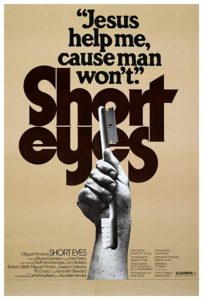
Synopsis:
When a white child molester (Bruce Davison) arrives in prison, he meets a variety of fellow inmates — including a white leader (Joseph Carberry), a black Muslim leader (Don Blakely), a handsome young Puerto Rican (Tito Goya), a surly Puerto Rican (Shawn Elliott) with an eye for Goya, and and a father-figure Puerto Rican (Jose Perez) who attempts to keep the peace.
|
|
Genres, Themes, Actors, and Directors:
- Play Adaptations
- Prisoners
Review:
Robert M. Young directed this adaptation of a play by former prisoner Miguel Piñero — clearly someone who knew this setting and understood how the introduction of a child predator (the lowest of the low in prison) would bring instant suspense to an already tension-filled situation. Other than one overly lengthy explanatory monologue by Davison (playing an undeniably tricky character), the screenplay comes across as authentic: we believe in this setting, these characters, and the natural conflicts (racial, sexual, and otherwise) that arise between them. Young (filming on location in “The Tombs” of New York) and Piñero impressively highlight both the claustrophobia and the camaraderie of the prison — including the complicated role of complicity played by correctional officers — and the entire ensemble cast is both believable and natural. (An interview with Young on the DVD indicates that he was highly intentional in the casting — including switching out one actor in a key role when it was clear he wasn’t a good fit, and hiring numerous former convicts and ex-junkies as extras.)
Note: “Short eyes” is a slang term created by Piñero to refer to child molesters.
Redeeming Qualities and Moments:
- Fine performances by the ensemble cast
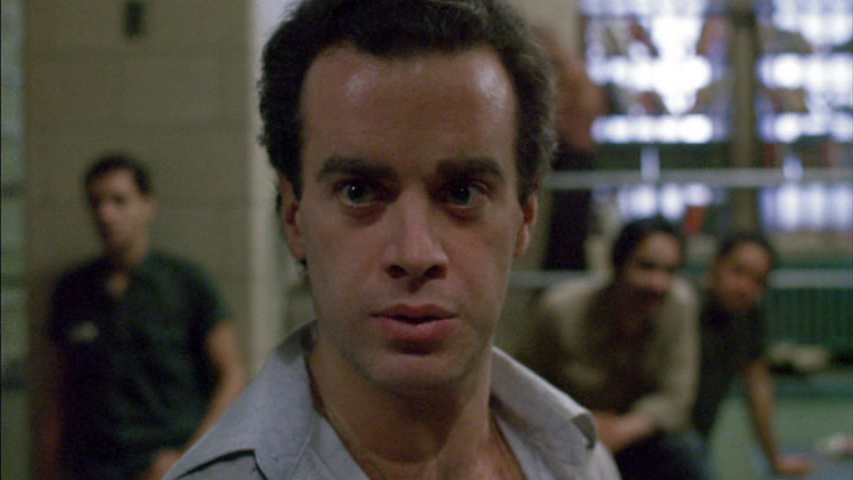
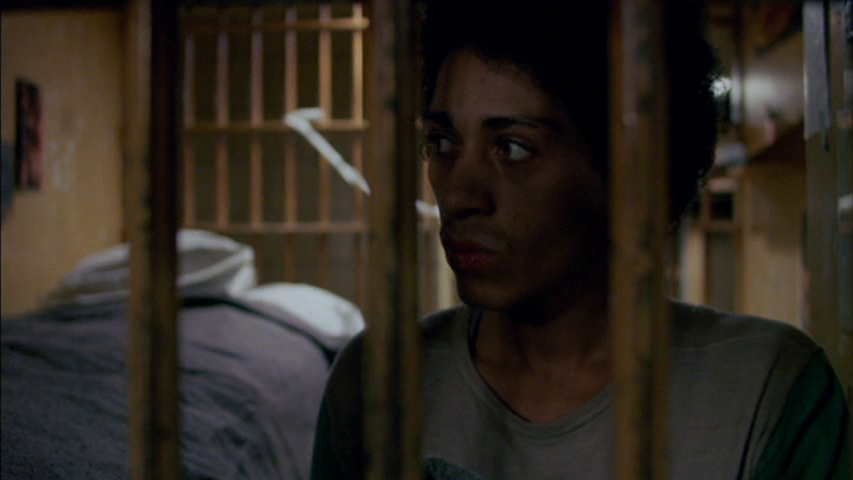
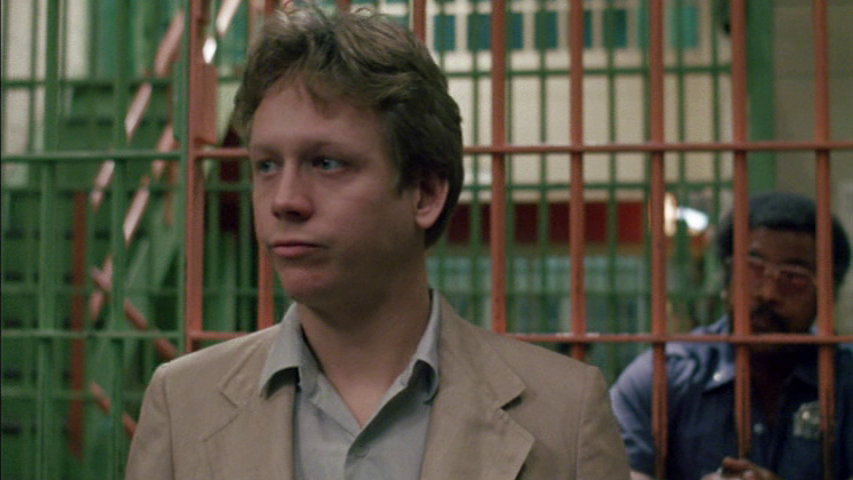
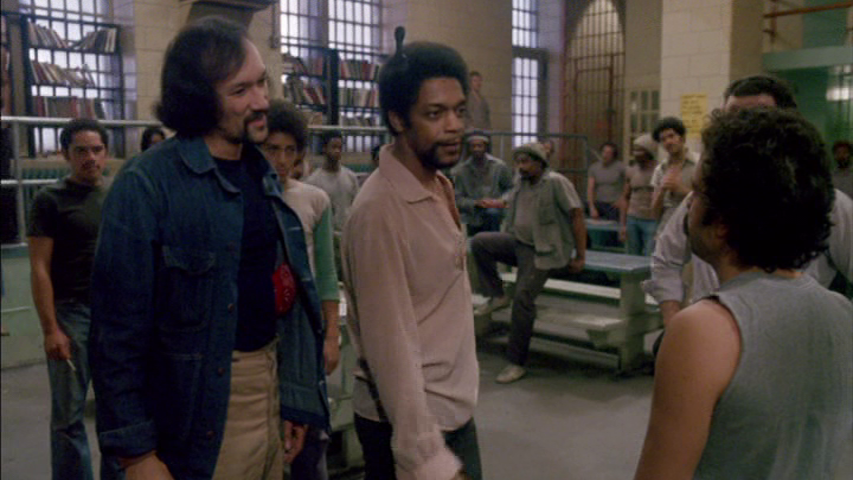
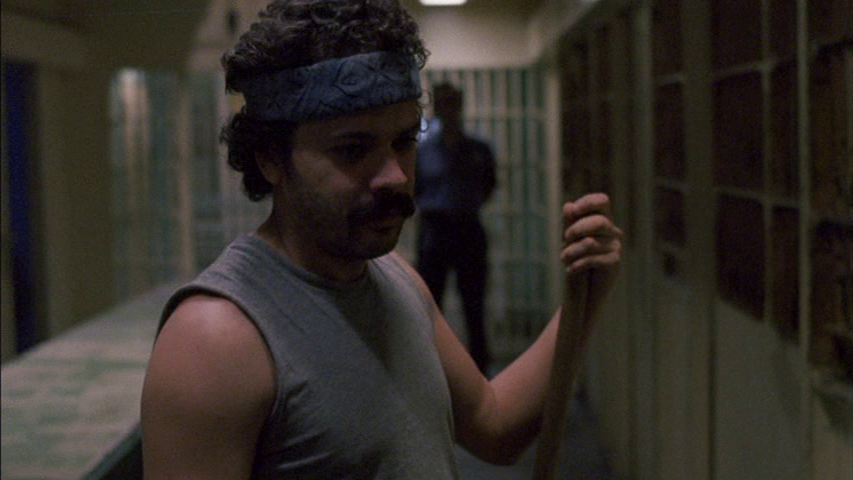
- Strong direction and cinematography in a confined location
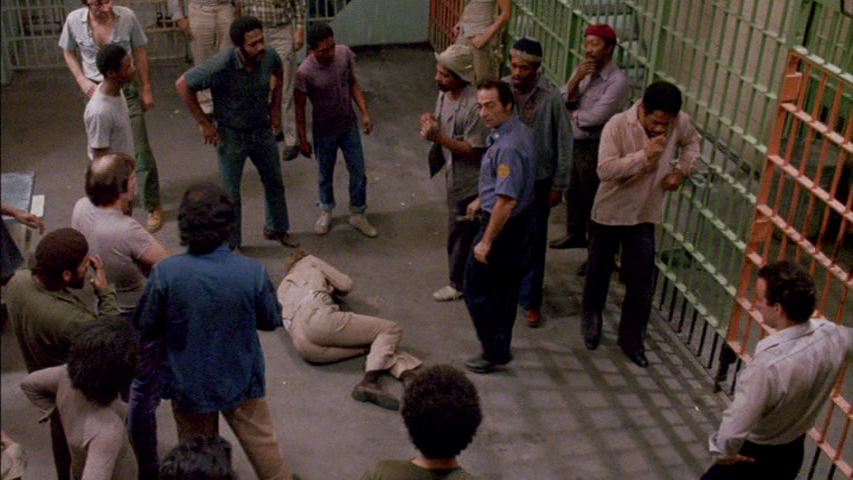
Must See?
Yes, as a powerful prison drama. Listed as a Sleeper and a Personal Recommendation in the back of Peary’s book.
Categories
Links:
|







One thought on “Short Eyes (1977)”
First viewing. Not must-see, though it will maybe be of interest to those who have a general interest in prison drama.
Yes, there is an undeniable authenticity in the way this is presented. But ultimately there is not a whole lot here that is new or presented from a unique angle.
Character development is either spare or (in most cases) missing. Davison’s character is particularly disappointing because it’s uncomfortably unsympathetic; his lengthy monologue about his sexual problem seems to serve little purpose and is cringe-worthy. Perez comes off best but even his character feels short-changed.